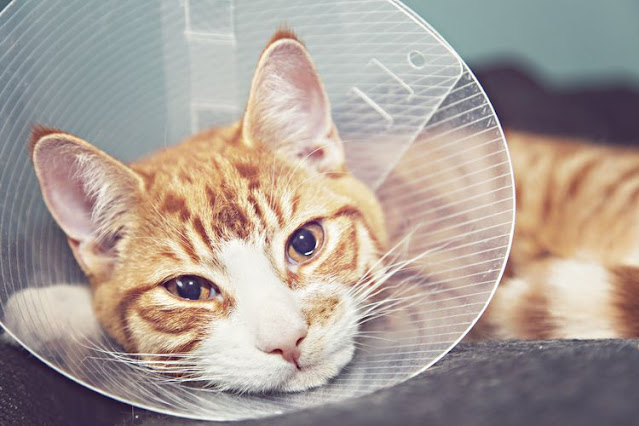Natural Treatments for Diabetes in Cats - Diabetes in cats, much like in humans, is a complex condition that requires careful management and treatment. As responsible pet owners, it's crucial to comprehend the nuances of this ailment to ensure the well-being and longevity of our feline companions.
What Causes Diabetes in Cats?
Diabetes in cats typically arises due to insufficient production of insulin, a hormone essential for regulating blood sugar levels. This inadequacy results in elevated glucose levels in the bloodstream, leading to various health complications. While the precise cause remains elusive, factors such as genetics, obesity, and pancreatitis are often implicated in its development.
Recognizing the Symptoms
Early detection of diabetes in cats is paramount for effective management. Pet owners should remain vigilant for common symptoms, including increased thirst and urination, weight loss despite a hearty appetite, lethargy, and altered gait. Prompt veterinary intervention upon observing these signs can significantly improve the prognosis for diabetic cats.
Natural Treatment Options
In recent years, there has been a growing interest in natural treatments for feline diabetes. While conventional medications remain a cornerstone of management, complementary therapies can complement conventional approaches and enhance overall well-being. Here's a comprehensive look at some natural treatment options for diabetes in cats:
Diet Modification
Diet plays a pivotal role in managing diabetes in cats. Opting for a low-carbohydrate, high-protein diet can help regulate blood sugar levels and mitigate insulin resistance. Consider incorporating quality commercial cat foods formulated specifically for diabetic felines or consult with a veterinary nutritionist to devise a customized diet plan.
Herbal Supplements
Certain herbs and botanical extracts possess antidiabetic properties that can aid in glucose control and promote pancreatic health. Commonly used supplements include fenugreek, cinnamon, and gymnema sylvestre. However, it's imperative to consult with a veterinarian before introducing any new supplements to your cat's regimen, as interactions with existing medications may occur.
Acupuncture
Acupuncture, a traditional Chinese therapy involving the insertion of fine needles into specific points on the body, has shown promise in managing various health conditions, including diabetes. In diabetic cats, acupuncture can help regulate blood sugar levels, alleviate pain associated with neuropathy, and enhance overall vitality. Seek out a qualified veterinary acupuncturist with experience in treating feline patients for optimal results.
Exercise and Weight Management
Maintaining a healthy weight through regular exercise is crucial for diabetic cats. Physical activity helps improve insulin sensitivity, promotes weight loss, and enhances overall metabolic function. Engage your cat in interactive play sessions and provide stimulating environments to encourage movement and prevent obesity-related complications.
Stress Reduction Techniques
Stress can exacerbate diabetes in cats by triggering hormonal imbalances and interfering with glucose metabolism. Implementing stress reduction techniques such as environmental enrichment, calming pheromone diffusers, and regular routines can help alleviate anxiety and promote emotional well-being.
Conclusion
In conclusion, managing diabetes in cats requires a multifaceted approach that encompasses conventional medications, lifestyle modifications, and natural treatment modalities. By adopting a holistic perspective and integrating complementary therapies into your cat's care regimen, you can optimize their quality of life and foster long-term health and vitality.




0 comments:
Post a Comment